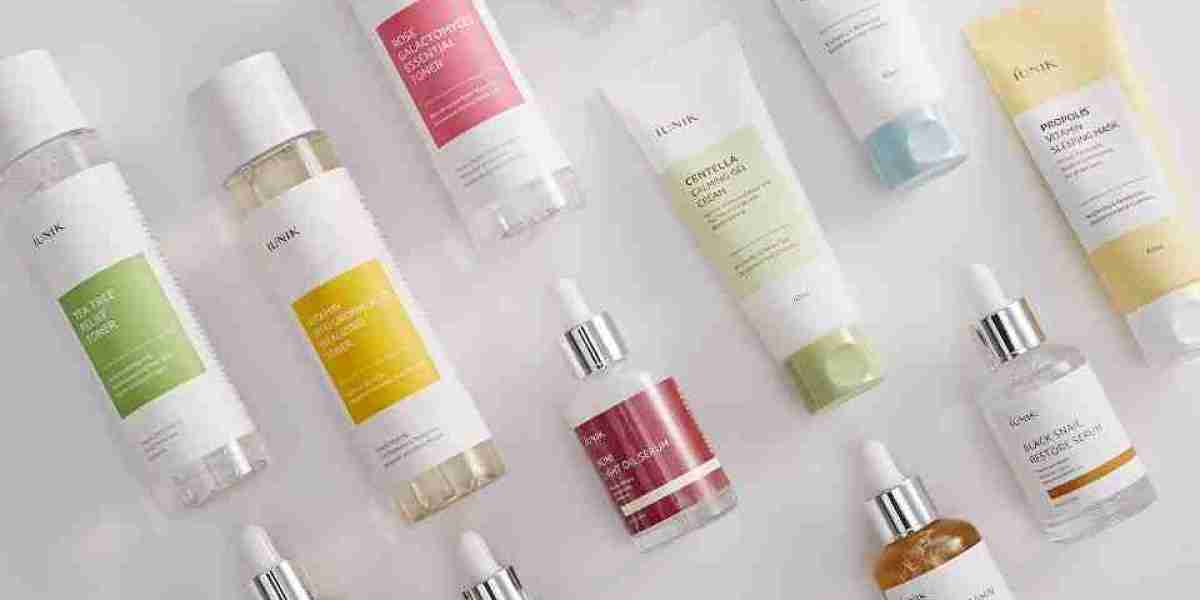I’ll admit it: as an IT person, my life used to be all sprint cycles and ping notifications. Somewhere between debugging a stubborn script and midnight coffee, I realized my face was sending an error log of its own dehydration, a few red patches, and that tired “monitor glow.” That’s when I got curious about Korean skin care products. Not the glossy hype on socials, but the dermatologist-loved ones that actually solve problems.
Below I’ll walk you through the K-beauty products dermatologists tend to recommend, why they work, and how to build a simple, effective routine plus a few parallels to building a career in IT. Consider this your code review for skin: pragmatic, iterative, and a little bit human.
Why dermatologists often recommend Korean skincare
Dermatologists tend to praise korean skincare for its focus on hydration, barrier repair, and gentle active ingredients. Many K-beauty formulas emphasize lightweight hydration (essences, ampoules, sheet masks) and ingredients like niacinamide, centella, snail mucin, and ceramides all known to support barrier health and reduce irritation when formulated well. That preventative, “maintain-first” mindset is a major reason these skincare brands crop up in expert roundups.
Dermatologist-loved product types (and standout picks)
Rather than chasing every trending launch, dermatologists usually point to product types that are reliably helpful. Below I list those types and a few real-world examples you’ll see recommended again and again by experts and editors.
1. Gentle cleansing oil / balm
Removing sunscreen and makeup without stripping is the foundation. Cleansing oils that emulsify and rinse clean are favorites because they leave the skin barrier intact. Manyo’s Pure Cleansing Oil is a commonly cited example in expert roundups.
2. Hydrating essences & toners
These are the lightweight “primer” for your skincare: they prepare the skin to absorb serums and moisturizers. Missha’s and Klairs-type hydrating toners/essences get frequent nods across editor and dermatologist lists.
3. Targeted serums (niacinamide, vitamin C, snail mucin)
Derms often recommend serums with proven actives in sensible concentrations. COSRX snail-mucin products and niacinamide serums are commonly cited as effective, skin-friendly options for texture and tone.
4. Soothing treatments (centella / cica)
Products built around centella asiatica — like Dr. Jart+ Cicapair are frequently recommended for redness and sensitivity because they prioritize calming inflammation.
5. Lightweight sunscreens and finish moisturizers
Korean sunscreens are praised for comfortable textures that people actually use daily a key reason dermatologists highlight them. Brands from established korean skincare brands to new players often show up in lists of dermatologist-approved picks.
How to build a dermatologist-friendly routine (minimalist mindset)
If you’re new to K-beauty or returning after a decade of impulse shopping, try a minimalist skincare approach: focus on the essentials, measure progress, and iterate.
1. Two-step cleanse (evening) — oil or balm + gentle water-based cleanser.
2. Hydration station — essence/toner → a targeted serum (niacinamide or vitamin C depending on goals).
3. Moisturize — choose a product that seals without suffocating (look for ceramides, hyaluronic acid).
4. Sunscreen (AM, every day) — the non-negotiable.
This pared-back routine mirrors minimalism in code: remove redundant layers, keep the stack lean, and the system (skin or app) performs better.
Lessons for someone exploring a career in IT — from skincare
Stick with me there’s a reason I keep comparing skincare to development work.
· Iterate, don’t overhaul. In both careers and skincare, small, consistent changes beat dramatic, unsustainable overhauls. Swap one product, test for 4–6 weeks, observe, repeat.
· Document your experiments. Keep a simple log (product, ingredient, reaction). This is literally the same habit that saves debugging time later.
· Prioritize fundamentals. Hydration and sun protection are like version control and testing — boring, essential, and career-saving.
· Embrace evidence over hype. Dermatologists tend to recommend formulas with a clear rationale. In IT, trust metrics and tests over buzzwords.
These habits make you better at both building resilient skin and a resilient career.
Quick product checklist (what to look for when shopping)
· Look for simple, clear ingredient lists less mystery, fewer surprises.
· Avoid heavy fragrance if you’re sensitive.
· Prioritize products that address the barrier: hyaluronic acid, ceramides, niacinamide, and centella are reliable.
· Try a product sample before committing to a full bottle if possible.
If you want a short shopping list based on dermatologist/editor roundups: gentle cleansing oil, hydrating essence, niacinamide serum, centella moisturizer, and a daily sunscreen. These categories consistently appear in expert-curated lists.
My little experiment (a short story)
A few sprints ago I decided to treat my skin like a micro-project: baseline photos, one product swap (a gentle essence), two weeks of notes, and weekly check-ins. The result? Less redness, fewer mid-day tight patches, and perhaps most importantly I started using sunscreen daily because the texture fit my routine. That tiny habit change felt like finally fixing a flaky build: boring, but game-changing.
Conclusion — start small, test smart, and be patient
Dermatologist-loved korean skin care products aren’t magic; they’re methodical. They focus on barrier health, hydration, and ingredients with a track record. If you take one thing away: keep a simple routine, treat product changes like experiments, and protect your skin daily. And if you’re an IT person (or training to be one), apply the same curiosity and rigor you use at work to your skincare you’ll get farther, faster.
If you’d like, I can map out a 30-day minimalist routine for your skin type (oily, dry, combo, sensitive) with specific dermatologist-cited product suggestions and why they work think of it like a sprint backlog for your face.






